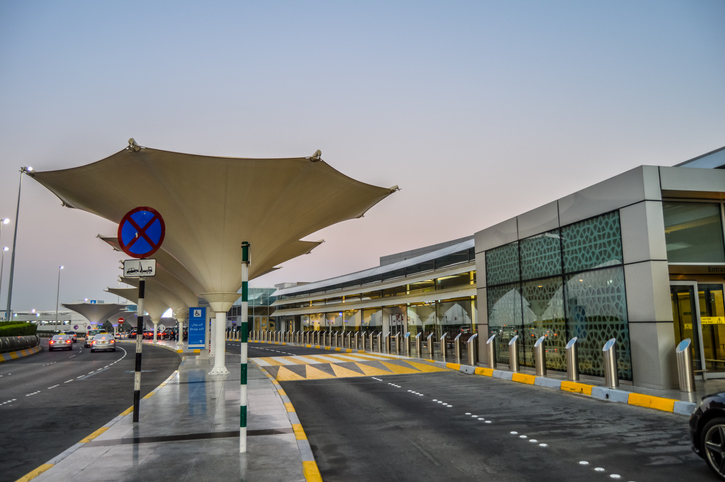Airline profits are on course to fall faster than expected in 2019 as trade wars hit global commerce and broader confidence, the industry’s main global body said, while predicting a modest recovery next year.
Cutting its full-year net profit forecast to $25.9 billion, a 5.1% decline from 2018, the International Air Transport Association said an improvement in 2020 was contingent on a “truce” in global trade disputes. In June it had forecast $28 billion in profit this year.
“Trade wars produce no winners,” IATA Director General Alexandre de Juniac told an annual media briefing.
De Juniac also cited slower growth, Brexit and social unrest among factors that “all came together to create a tougher than anticipated business environment for airlines” in 2019.
IATA slashed its full-year global revenue forecast to $838 billion from the $899 billion predicted in June and said it expected an improvement to $872 billion for 2020.
“We’ve downgraded our forecasts for 2019 pretty much across the board,” chief economist Brian Pearce said. “It’s pretty clear that this has been driven mostly by the impact of trade wars.”
Reflecting downward pressure on fares, net profit per passenger fell to $5.70 this year from $6.22, with the industry’s net profit margin expected to decline to 3.1% this year from 3.4% in 2018.
But the sharpest deterioration is being felt in airlines’ cargo businesses – where a 3.3% drop in freight demand marked the steepest decline since the 2009 financial crisis, with revenue down 8% year-on-year.
Growth in world trade has all but evaporated to an expected 0.9% this year, sharply down from the 2.5% forecast in June and the 4.1% expansion predicted a year ago, IATA said.
Underpinning the partial recovery predicted next year, IATA forecast more robust trade growth of 3.3% as “election-year pressures in the U.S. contribute to reduced trade tensions”.
The nine-month-old grounding of the Boeing 737 MAX has had a significant impact on some airlines, though less than 0.5% of the global fleet is directly affected.
Pearce said the expected return of a backlog of hundreds of stranded MAX jets to the market in 2020 could produce a surge in capacity that would be “hard to swallow” for aircraft markets – offset partly by the retirement of older jets.
While a handful of carriers led by U.S. majors dominate the industry’s overall profits, the past year has also seen a slew of airline failures mainly in Europe.
Pearce said he saw scope for further consolidation because of the high proportion of airlines that had failed to perform in an industry that remains highly fragmented because of regulations making cross-border tie-ups difficult to carry out.






